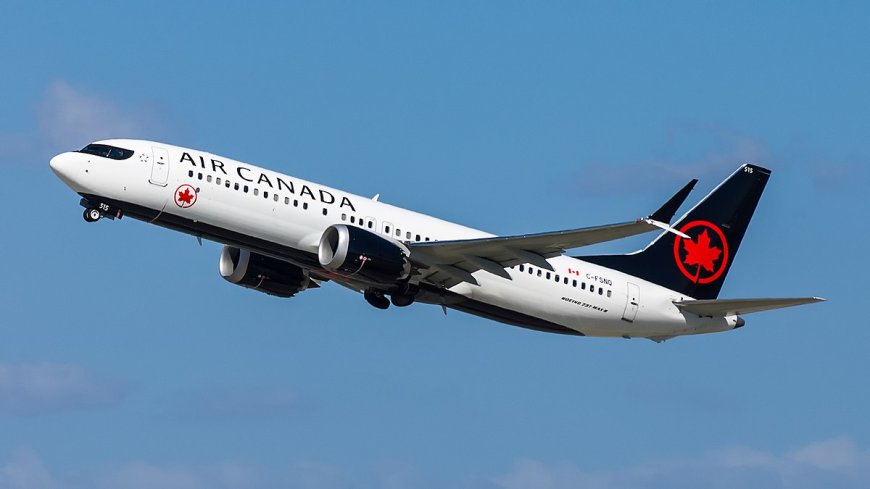Air Canada Faces Turbulence: Mass Flight Cancellations Loom as Strike Threatens to Ground 130,000 Passengers Daily
Air Canada cancels flights ahead of a potential crippling strike that could ground 130,000 passengers daily by Saturday. Labor talks intensify as tensions rise.

Toronto, Friday, August 15, 2025 — Air Canada has initiated widespread flight cancellations ahead of a possible crippling strike by its unionized workers, raising concerns for hundreds of thousands of passengers. The nation’s largest airline warned that if negotiations fail to resolve the labor dispute by Saturday, August 16, as many as 130,000 passengers per day could be stranded.
The looming disruption comes as contract talks between Air Canada and the Canadian Union of Public Employees (CUPE), representing roughly 10,000 flight attendants, have reached a critical juncture. The union has set a strike deadline for 12:01 a.m. Eastern Time on Saturday.
Negotiations at a Standstill
Labor tensions have been building for months, with CUPE members demanding improved working conditions, better scheduling, and wage increases in line with inflation. Union officials argue that while Air Canada posted record revenues in 2024, flight attendants have faced stagnant wages and longer hours, with insufficient crew rest periods.
Air Canada insists it has offered a fair deal, pointing to industry challenges such as rising fuel prices, ongoing pilot shortages, and volatile demand. “We are making every effort to avoid a work stoppage,” an airline spokesperson said Thursday. “We have contingency plans in place, but the impact on operations could be significant.”
Impact on Travelers
Passengers booked on flights between August 16 and August 20 are being urged to check their itineraries regularly and consider adjusting travel plans. The airline is offering free rebooking and refund options, though many travelers say available seats are scarce.
Toronto Pearson International Airport — one of Air Canada’s primary hubs — is bracing for major disruptions, with potential knock-on effects across Vancouver, Montreal, and international routes to Europe, Asia, and the U.S. Major tourism operators are also preparing for cancellations during one of the busiest travel months of the year.
For the latest updates, travelers can visit Air Canada’s official travel advisory page or monitor announcements from Toronto Pearson International Airport.
Political and Economic Stakes
The strike threat has drawn attention from both federal and provincial officials. Canada’s Minister of Labour, Seamus O’Regan, has urged both sides to reach a settlement, citing the broader economic consequences of grounding the country’s largest air carrier.
A prolonged shutdown could ripple through Canada’s economy, hitting sectors such as tourism, hospitality, and international trade. Analysts warn that with 1,500 flights potentially canceled each day, the strike could rival previous labor disputes in its scale and economic fallout.
Passengers Share Frustrations
Travelers have taken to social media to express both support for the workers and frustration over the uncertainty. “I respect the right to strike,” one traveler posted on X (formerly Twitter), “but this is my daughter’s wedding weekend, and I can’t get there without Air Canada.”
Others have called for the government to consider back-to-work legislation if negotiations break down, though such a move would be controversial and could inflame labor tensions.
What Happens Next
Negotiations will continue late into Friday evening, with mediators from the federal government facilitating talks. If no agreement is reached, the first wave of cancellations could hit at midnight, effectively grounding large portions of Air Canada’s domestic and international network.
Travel experts recommend that passengers keep alternative transportation plans ready — whether booking with other airlines, considering train services, or adjusting itineraries to avoid the busiest hubs.
As Canada awaits the outcome, the Air Canada labor dispute has become a high-stakes test of how the nation’s transportation sector can balance worker rights with the economic necessity of keeping planes in the air.








